
Aung San Suu Kyi Film “The Lady” Reportedly Banned in China
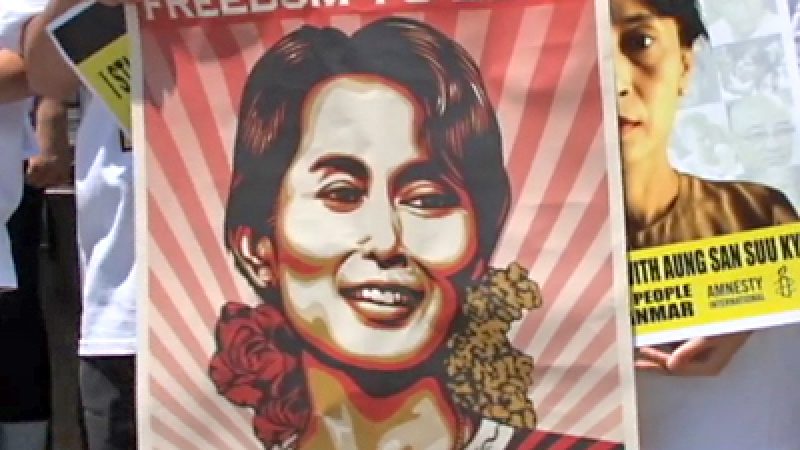
It’s about the life of a woman who championed democracy in Burma. For viewers in China, though, the movie about Nobel Peace Laureate Aung San Suu Kyi may not be showing anytime soon. On popular video sharing sites like this one, pages with previews of the movie, titled “The Lady” have been removed. Some believe it’s because the film centers on democracy—a subject the Chinese regime would rather avoid.
Last Thursday, a blogger by the name of “Koara” said the Chinese regime’s State Administration of Radio Film and Television has banned all news, promos and footage on Aung San Suu Kyi’s film—apparently because the movie contains materials that “violated regulations.” That ban appears to now be in place, with netizens saying they can no longer find trailers for the film on video sharing sites.
“The Lady” stars Malaysian actress Michelle Yoeh, and is directed by Frenchman Luc Besson. It tells the story of how Aung San Suu Kyi pushed for democracy and human rights in Burma through non-violent means, but was placed under lengthy house arrest after leading her party to an election victory in 1990. Suu Kyi won the Nobel Peace Prize in 1991. She was officially freed nearly a year ago.
Shanghai lawyer Li Tiantian believes the Chinese regime is banning the film because Suu Kyi has become a symbol for something it fears.
[Li Tiantian, Shanghai Lawyer]:
“The regime is always scared of these things. They don’t need any particular reason, they’re just scared. More specifically, this is about a person who fought for her country’s democracy, stories like these are feared by the [Chinese] regime.”
The Chinese regime heavily regulates film and media content. In 2010, the 2D version of the movie Avatar was banned because authorities felt the storyline would remind viewers of the violent forced evictions that happen extensively throughout the country.
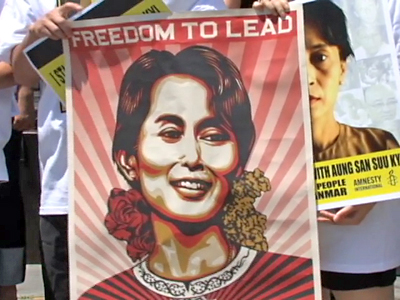 Foto: NTD
Foto: NTD


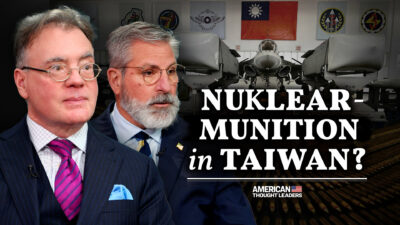
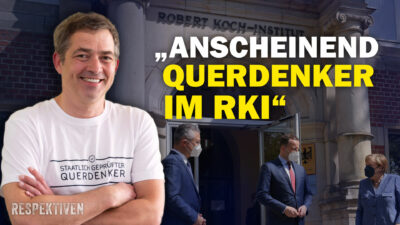
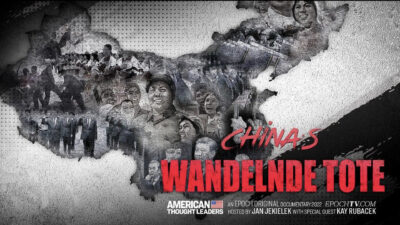













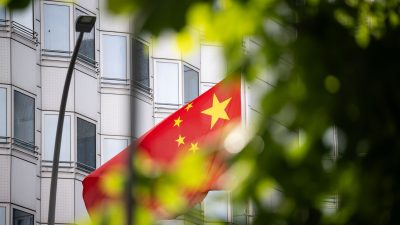








vielen Dank, dass Sie unseren Kommentar-Bereich nutzen.
Bitte verzichten Sie auf Unterstellungen, Schimpfworte, aggressive Formulierungen und Werbe-Links. Solche Kommentare werden wir nicht veröffentlichen. Dies umfasst ebenso abschweifende Kommentare, die keinen konkreten Bezug zum jeweiligen Artikel haben. Viele Kommentare waren bisher schon anregend und auf die Themen bezogen. Wir bitten Sie um eine Qualität, die den Artikeln entspricht, so haben wir alle etwas davon.
Da wir die Verantwortung für jeden veröffentlichten Kommentar tragen, geben wir Kommentare erst nach einer Prüfung frei. Je nach Aufkommen kann es deswegen zu zeitlichen Verzögerungen kommen.
Ihre Epoch Times - Redaktion